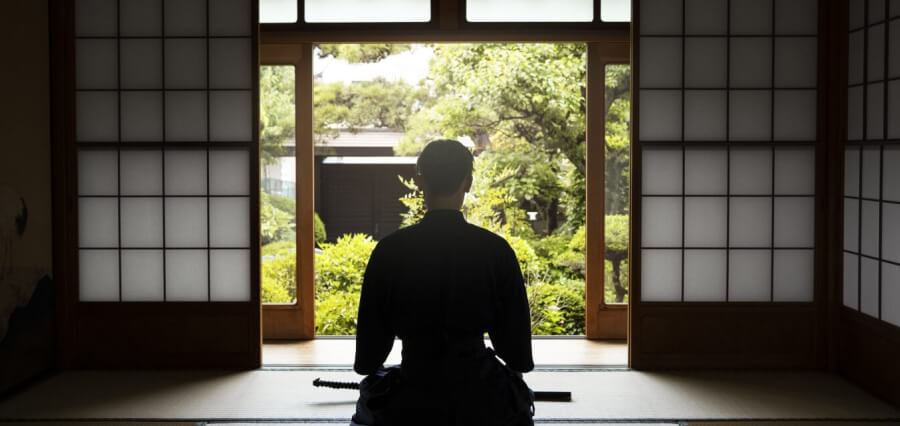Shokuiku, a Japanese philosophy coined in 1896, promotes teaching children about the origins and impact of food on the mind and body. Japan stands out as the only country among 41 developed nations in the EU and the OECD, where fewer than one in five children are overweight. Here are some practices that Japanese parents adopt to raise happy and adventurous eaters:
Implementing Shokuiku Early:
Expecting mothers are encouraged to follow a well-balanced meal style called “ichijū-sansai,” focusing on a bowl of rice, miso soup, a protein dish, and two vegetable sides.
Preschools engage children in activities like harvesting vegetables for lunch, and elementary schools educate them about the origins of foods.
Encouraging Bento Box Conversations:
Over 95% of Japanese elementary and junior high schools have a school lunch system, and homemade bento lunches play a role in promoting shokuiku.
Children talk about the contents of each other’s bento boxes, making lunchtime enjoyable and encouraging them to try new foods.
Cooking Nutrient-Rich Foods in Batches:
Parents simplify everyday cooking by preparing simple homemade pickles and freezing nutritious vegetables and fruits in batches.
Consistent servings of seasonal vegetables and fruits are provided, avoiding high-fat foods and additives.
Choosing Water or Tea Over Soda:
Japanese parents prefer water or tea over soda for their children, introducing alternatives like barley tea, which is mineral-rich without caffeine.
Smoothies with fresh fruit and yogurt are made at home, accompanied by discussions about the growth and origins of the fruit.
These practices contribute to a culture of healthy eating habits in Japan, emphasizing education about food, early exposure to diverse foods, and the use of fresh, local ingredients.





